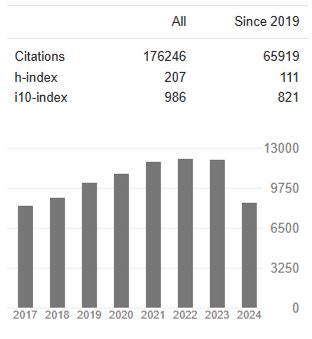Can Evidence Inform Intervention? Reporting on Research into Auditory Processing Disorders in Children with ASD-Considering Whether Research Into Auditory Integration Training and Filtered Sound Training Has Relevance
Abstract
Rosalie Elizabeth Seymour
Since the 1980’s there has been an acceleration of interest by neuroscientists in the Auditory Problems of Children with Autism Spectrum Disorder (ASD). The focus of study has largely shifted from attempting a differential diagnosis between the symptoms of ASD and of Auditory Processing Disorder (APD), towards an improved understanding of APD and its impact on the lives and wellness of people with this disorder. A large amount of research data has accumulated, and sheds light on the manner in which auditory brain potentials of children with ASD differ from those of the neurotypical learner. This article will offer a summarised overview of this data, and will discuss how this body of evidence is informing and directing our intervention strategies, both clinical and educational. The author will further summarise the most recently published research papers on the impact of Auditory Integration Training (AIT)– the Bérard Method (also named Filtered Sound Training - FST), The statistical significance and implications of this data for the planning of intervention programmes to remediate auditory problems of children with ASD will be discussed. In conclusion some new insights into the breadth of the impact of auditory processing problems on the social, emotional, learning, language and well-being of children with ASD will be mentioned.




